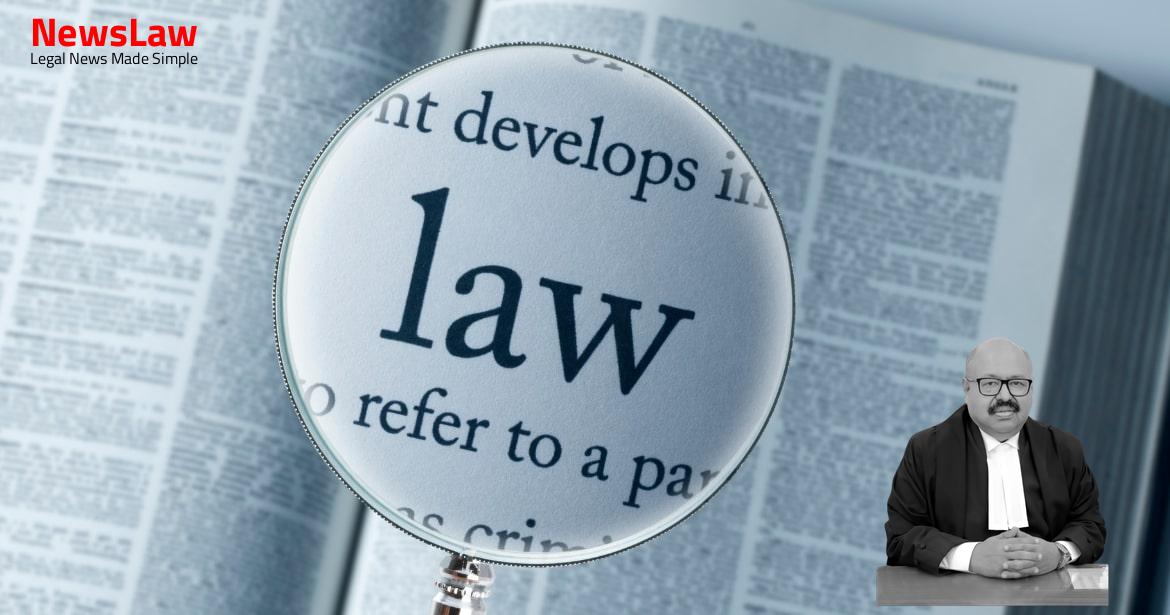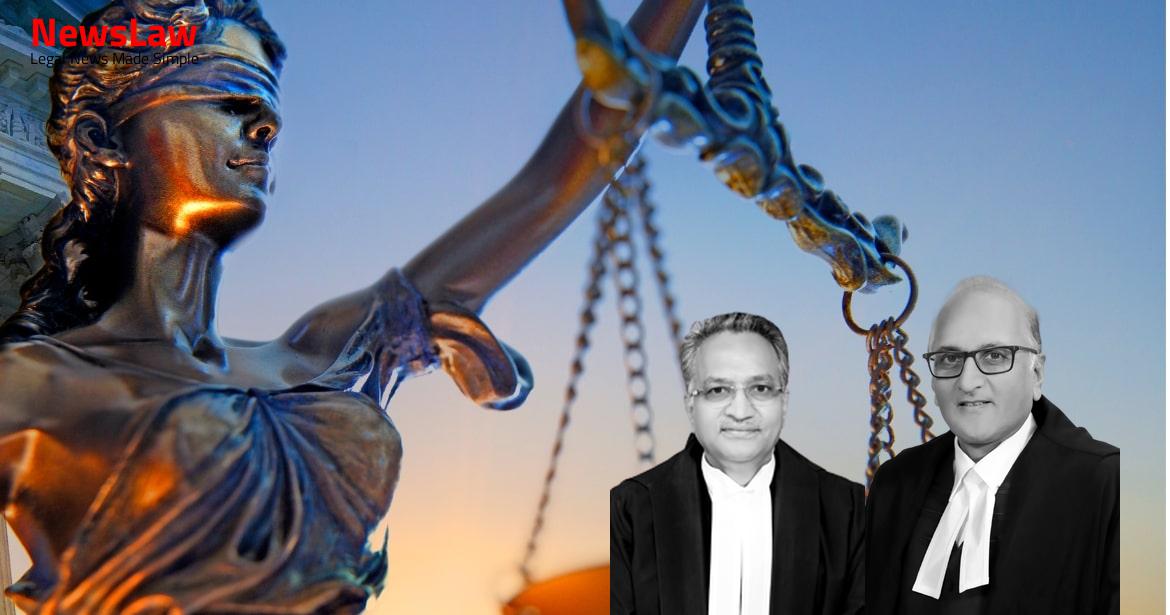Discover the details of the Supreme Court’s recent ruling in the case of Smt. Shyamo Devi and Others vs. State of U.P. This blog provides a comprehensive review of the case, including the facts, legal proceedings, and the Court’s final decision to reinstate the land allotments
Facts
- Authorities initiated proceedings for cancellation of land allotment 13 years after approval by Sub-District Magistrate.
- Lekhpal reported plot No.185 designated as Panchayat Ghar and unlawfully allotted for residential use.
- Tehsildar proposed cancellation of allotment, leading to show cause notices issued to allottees.
- Additional Collector rejected application for cancellation, citing no limitation under Section 122-C(6) of UPZALR Act.
- Revision petition dismissed by Additional Commissioner, leading to construction of residential accommodations by allottees.
- Writ petition challenging orders dismissed by High Court on grounds of maintainability and lack of limitation for cancellation.
- State contends fraud in allotment justifies cancellation, no permission obtained for residential usage under Section 143.
- Court order for status quo on disputed land issued.
- Writ petitioners fail to appear in court, last opportunity granted for appearance.
- Appeal filed against High Court judgment dismissing writ petition.
Arguments
- The petitioner ARG_PETITIONER presented a compelling argument supported by legal precedents.
- The petitioner argued that the lower court erred in its interpretation of the law in this case.
- The petitioner provided evidence to support their claim and refute the arguments of the respondent.
- The Court carefully considered the petitioner’s arguments and the respondent’s counter-arguments before making its judgment.
- Ultimately, the Court found in favor of ARG_PETITIONER based on the strength of their case.
Also Read: United India Insurance Co. Ltd. v. Contractors of NH-76 Bridge Construction Project
Analysis
- The suo motu power under Section 50-B should be exercised within a reasonable time frame.
- The delay in exercising the suo motu power after several years was deemed unreasonable.
- The basis for concluding that the signatures were forged was not clearly specified.
- The authorities did not provide a convincing explanation for the prolonged delay in taking action.
- The need for establishing foundational facts before initiating proceedings was highlighted.
- The lack of allegations against the allottees for forging signatures was noted.
- The principles established in Ibrahimpatnam’s case were deemed applicable to the current situation.
- Owners executed sale deeds on plain paper
- Possession delivered to purchasers
- Vendees applied for validation under Section 50-B of AP Act
- Tehsildar issued validation certificates
- Orders challenged by Special Tehsildar
- Appeals dismissed by Joint Collector in 1988
- Question on the initiation of proceedings without prescribed limitation
- Reference to State of Punjab Vs. Bhatinda Milk Producer Union Limited (2007) 11 SCC 363 on reasonable period for exercising jurisdiction
- Discussion on understanding the use of ‘at any time’ in Section 50-B(4) of the Act
- Comparison to Ibrahimpatnam Taluk Vyavasaya Coolie Sangham v. K. Suresh Reddy (2003) 7 SCC 667 on exercise of suo moto power under Section 50-B(4) of AP Act
- Sub-section (6) of Section 122C empowers the collector to inquire into the irregularity of allotments.
- The collector may cancel the allotment if he finds it irregular, leading to the cessation of all rights, title, and interests in the allotted land.
- In Ibrahimpatnam’s case, the absence of the term ‘suo motu’ in sub-section (6) of Section 122C was highlighted.
- Comparative analysis was done with the provision in Section 50-B (4) of the AP Act to understand the powers of the collector for inquiry.
- The Collector has the power to initiate suo moto action for cancellation of allotment in cases of fraud.
- Fraud vitiates all proceedings as stated in Akhalaq Hussain’s case.
- The impugned order and orders before the writ court are not sustainable as fraud was not disclosed in the show cause notices.
- Allottees, poor rustic villagers, have constructed their houses based on approved allotments from many years ago.
- To unsettle the allotments would cause injustice to the poor residents who have been living there.
- The land was allocated to houseless individuals.
Also Read: Union of India vs. Mrityunjay Kumar Singh: Understanding the Bail Decision
Decision
- The impugned order dated 19.01.2010 and the order dated 07.02.2008 passed by Additional Collector – Original Name, and the order dated 23.09.2009 passed by the Additional Commissioner, (Administration) Moradabad Division are set aside.
- No costs are awarded in this case.
Case Title: SMT. SHYAMO DEVI Vs. THE STATE OF UTTAR PRADESH THR. SECRETARY (2024 INSC 430)
Case Number: C.A. No.-005539-005539 – 2012



